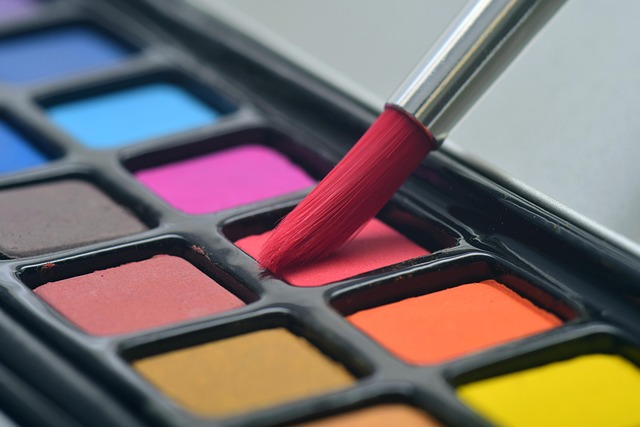Many of us grapple with an unrelenting inner critic—that persistent voice that tells us we are not enough, that we fall short in our pursuits, and that we cannot achieve our dreams. This inner monologue can cast shadows over our souls, impairing our mental health and hindering our journey toward self-discovery and beauty, both inside and out. Navigating through this struggle is vital for anyone seeking spiritual self-education. When we learn to master our inner critic, we open the door to profound healing and personal growth.
At the heart of this journey lies spirituality. Connecting with our inner selves requires immersion in practices that promote mindfulness and self-awareness. Consider meditation or journaling, which not only provide space for reflection but also allow us to confront our inner critic head-on. When we pause to recognize and observe these critical thoughts, we begin to separate our true selves from the negativity. This mindful approach empowers us to question our inner critic’s assertions and replace them with affirmations of self-worth and beauty.
The path to spiritual self-education encourages us to embrace our flaws as part of the human experience. By shifting our perception, we learn to see beauty in our vulnerabilities. Each scar and imperfection tells a story, painting a picture of resilience and growth. Rather than allowing our inner critic to dictate our self-image, we can practice self-compassion and cultivate a nurturing mindset that champions acceptance over judgment.
Furthermore, self-education plays a crucial role in dismantling the damaging narratives perpetuated by our inner critic. Engaging with literature, workshops, or community discussions centered on mental health can provide tools and insights to counteract these negative thoughts. The more we understand the intricacies of our minds, the better equipped we become to challenge limiting beliefs and foster a sense of empowerment.
Beauty and skin care are also intertwined in this journey. When we begin to treat ourselves with kindness, it naturally reflects in our outer appearance. Self-care rituals can serve as a form of spiritual practice, allowing us to honor our bodies and cultivate a strong sense of self-love. Each skincare routine can be transformed into a moment of mindfulness, an act of devotion to our well-being. When we approach beauty with an appreciation for our uniqueness rather than comparison to others, we release the grip of our inner critic.
Ultimately, mastering our inner critic is not about silencing it completely but learning to coexist with it. By recognizing its presence and understanding its origins, we can learn to challenge its authority over our lives. Instead of viewing it as an enemy, we can see it as a misguided attempt at safety—often rooted in past experiences and societal pressures. The key lies in nurturing our spirit, embracing our authentic selves, and committing to a path of self-education that fosters mental health and beauty from within.
Embarking on this journey is deeply personal and transformative. It invites us to explore and redefine what beauty means while creating a sanctuary for our souls to thrive. So, let us venture forth with intention, armed with the knowledge that we are fierce, beautiful beings deserving of love and compassion—both from ourselves and others. In doing so, we pave the way for holistic wellness and lasting inner peace.




